ULI’s Net Zero Imperative Fast-Tracks Decarbonization
The program leverages ULI expertise and local member engagement to help cities become greener faster.

Marta Schantz, Senior Vice President, ULI Greenprint Center for Building Performance
To help accelerate decarbonization globally, the ULI Greenprint Center for Building Performance is acting locally with the rollout of its Net Zero Imperative.
Kicked off by a $1 million donation from former ULI Chair and Boston Properties CEO Owen Thomas, the program will annually provide two-day technical panels to cities and other public entities to help them develop “roadmaps to decarbonization” and to assist them with decarbonization projects and challenges.
READ ALSO: The CLEEN Project: Building the Best Ideas for Climate Change Strategies
Participating cities will receive continuing support while the solutions and recommendations that emerge will become best practices for other cities and institutions to follow.
“We’ve been doing a lot of kind of big-picture, high-level work on net zero, but homing into specific communities is a way to bring it local and bring it faster,” said Marta Schantz, senior vice president of ULI’s Greenprint Center for Building Performance.

Boston Properties Chair Owen Thomas and JLL Properties Trust Chair Lynn Thurber
The Net Zero Imperative coincides with the “code red for humanity” report issued by the U.N. Intergovernmental Panel on Climate Changes in August. The study warns that the world is not on target to meet the carbon reduction goals laid out in the Paris Agreement and that countries quickly need to do more. But ULI has been working on the enhanced initiative at least since the beginning of the year, Schantz said.
“The timing kind of landed that it all happened at once, but I think that’s just a sign of the times, really, how everyone’s acknowledging that we need to do more, better, faster because we only have so much time and there’s a real responsibility to address this,” she said.
According to ULI Greenprint, buildings contribute to 70 percent of greenhouse gas emissions in cities and 40 percent of emissions globally.
In tandem with their ULI local chapters, more than a dozen public entities applied to be participants in the program’s first cohort. Eight cities—Austin, Beijing, Kansas City, Los Angeles, Minneapolis, San Jose, Shenzhen and Toronto—were chosen based on criteria that include geographic and project diversity, dedication to decarbonization, and local member engagement.
While the Net Zero Imperative targets cities, which have been leading the charge on climate action, private stakeholders will also be an essential part of the process.
“The last thing you want is for a locality to develop some sort of climate mitigation policy that the building sector ignores,” she said. “Then, no one wins.”
Thomas’ gift, which was announced in September, was followed by $500,000 from former ULI Global Chair and JLL Income Property Trust Chair Lynn Thurber and additional contributions from members of the organization.
“I think it’s saying that the individuals who are real leaders in the real estate sector get it,” Schantz said. “They understand the importance of action on climate. They know that we’re running out of time and that real estate has a role to play.”

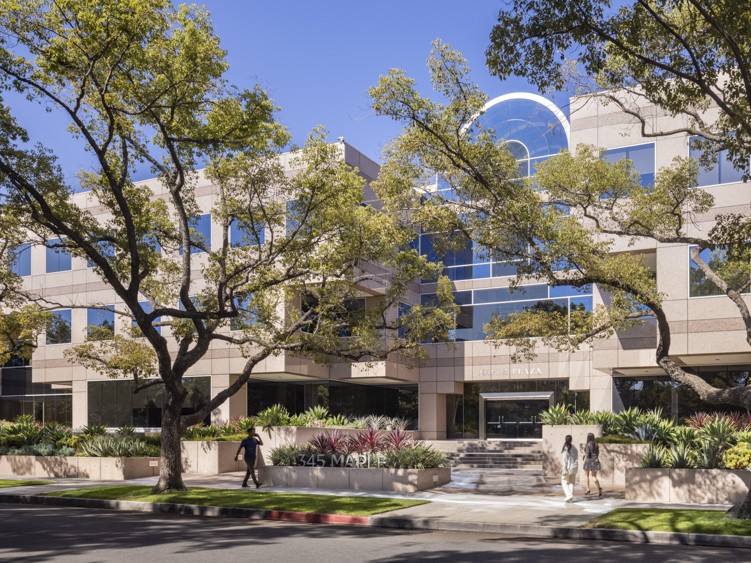
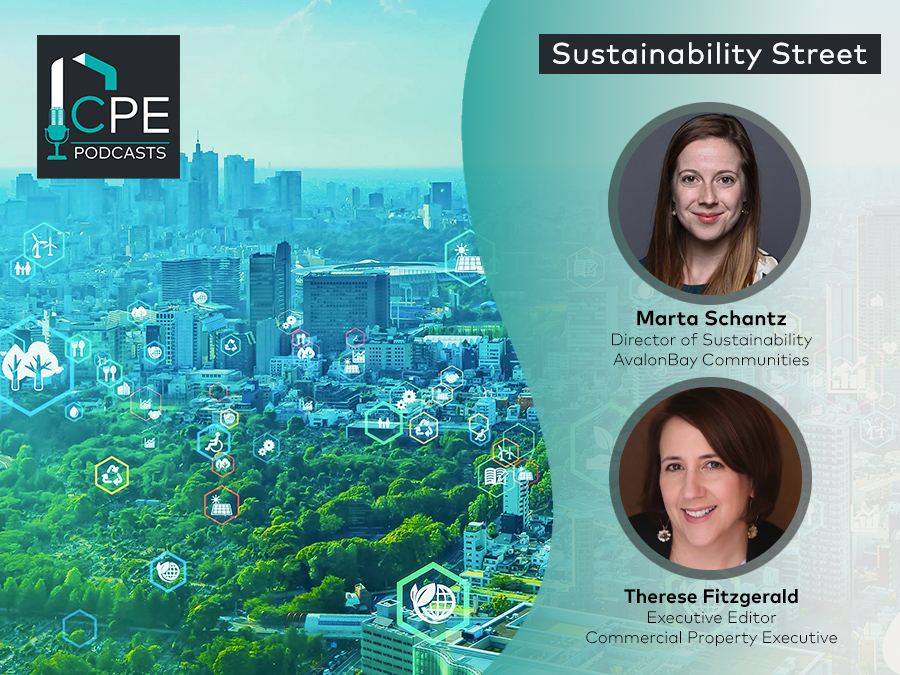
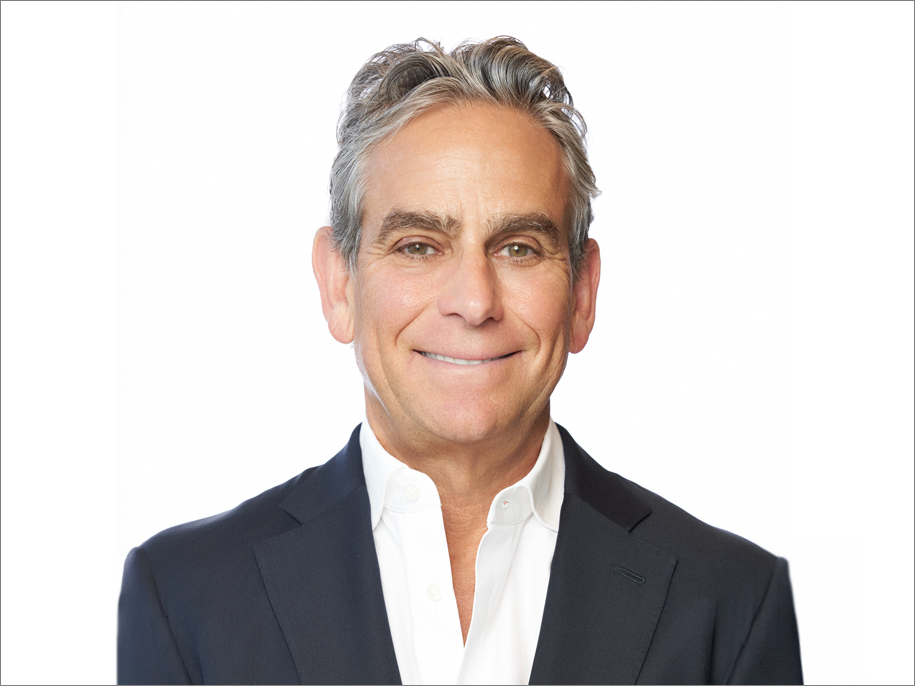
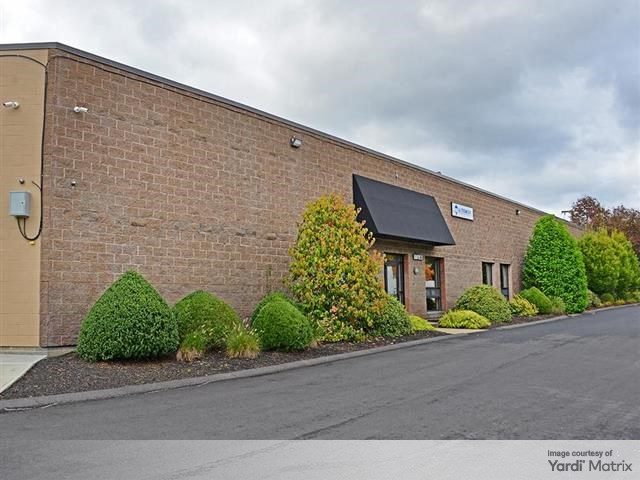

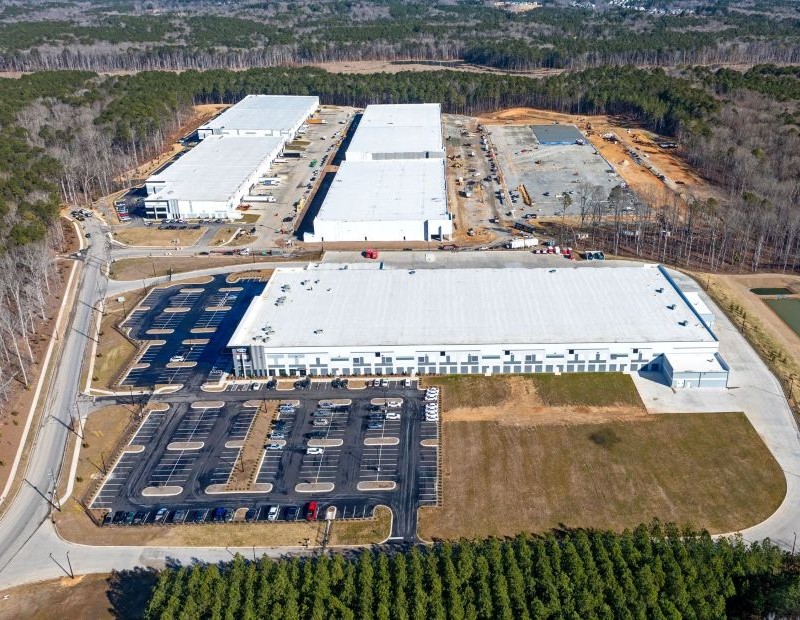
You must be logged in to post a comment.